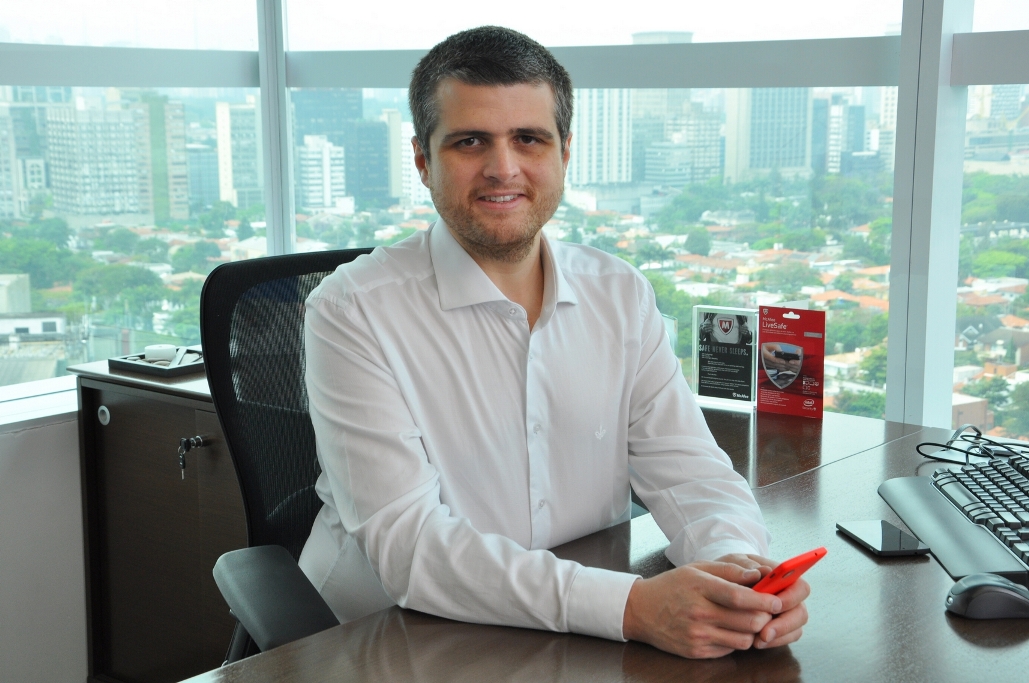
By Thiago Hyppolito, Product Engineer at McAfee do Brasil, member of Intel Security
In possession of an account, hackers could wreak havoc like sending compromised links to all your Twitter and facebook followers. Or worse, using personal information to steal a user's identity, which could take years to fix. Unfortunately, hacking a social media account can be pretty easy, whether it's just a click on a phishing email or making use of a weak, easy-to-guess password.
There are some simple actions that can help make your accounts more secure. See some tips:
Delete unused apps. Take an inventory of your social media accounts to see if there are any third-party apps that have access to your personal data. Delete any apps you don't use or don't need. Applications are able to access profile data and can serve as a gateway for hackers.
Be careful who you hang out with online. Only accept friend requests from people you know in real life. Hackers often send friend requests to strangers so that they can obtain personal information that is shared on the network in order to take advantage of future scams.
Be careful what you share. Check your privacy settings to control who sees your messages. Also, it's important to be careful with what you share, think that everything you post will be available on the internet forever. For example, posting that you will be away for the holidays could inform a thief that you are not home and indicate that it is a good time to rob it. If you really choose to publish about your personal life or intimate details, create a small group within your friends, including only those closest to you, and make the publication available only to that group.
Use strong passwords. Passwords considered to be the strongest contain at least eight characters in a combination of letters, symbols and numbers, both uppercase and lowercase, and are unique to each account. If you have trouble remembering and keeping track of all your usernames and passwords, a safe option is to use a password manager.
Use multi-authentication tools. If a hacker manages to get your password and username, they can easily steal your account. But by activating identity authentication by more than one factor such as fingerprint, facial or voice recognition, or even the use of a token, no one but the owner will have access to the account.
Use security software. Keep security software installed and up to date on all your devices like McAfee LiveSafe












